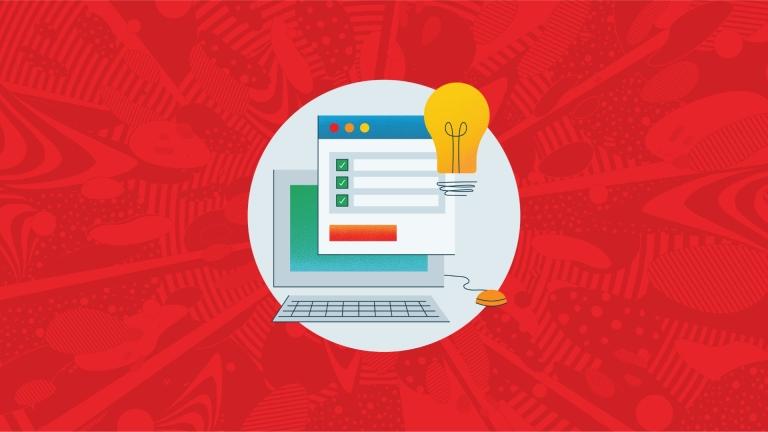
The role of a Learning Management System (LMS) has come a long way over the last two decades. What once began as a solution for delivering course content quickly expanded to support more interactive ways of learning. From there, it became a vehicle for driving personalized learning that can happen from anywhere. And today, it’s much more than that, enabling educators at every level to make data-driven decisions and gather insights to further support student and faculty success. These advancements in LMS technology have in part been made possible by the continued partnership and investments made by institutions around the world.
At Instructure, we’ve supported many institutions through their digital transformation over the years. One common theme between teams who are using an LMS successfully is their focus on maximizing ROI by aligning the solution with strategic goals, optimizing content delivery, and leveraging data to make informed decisions faster. Here are three ways organizations are optimizing the use of Canvas:
1. Align LMS Features with Strategic Learning and Development Goals:
Canvas is capable of so much more than course delivery. By aligning key features and integrations to support broader academic goals, such as improving student success and improving accessibility. A great example of a team doing this well is New Energy New York’s Battery Academy. Their teams use Canvas LMS as the central platform for their learning initiatives and extend their capabilities with key integrations. By integrating Canvas Studio for interactive video learning and Canvas Catalog for a repository of industry-specific courses, they have aligned the use of each feature with their strategic goal of enhancing course accessibility for a diverse audience within the battery industry—from university students, to job seekers, and industry professionals. This approach ensures a cohesive learning environment that meets the dynamic needs of their learners effectively.
2. Optimize Content Delivery for Flexibility and Engagement:
Another way to maximize the value of your LMS is by delivering high-quality, engaging content in various formats. At PGA, one of the largest sports organizations in the world, staff and faculty are using Canvas to move away from using static PDF course materials and incorporating interactive coursework elements using Articulate 360 such as matching activities and multiple choice quizzes. These interactive course tactics have helped PGA and other organizations to create dynamic learning environments that meet various student needs. Additionally, using Canvas to scale online programs and student engagement enables them to reach a broader audience, expanding access to learners while also boosting revenue opportunities.
3. Leverage Data Analytics to Inform Continuous Improvement:
The data provided by an LMS provides invaluable insights that can be used to quickly take action, whether you need to monitor student progress, identify learning gaps, or even adjust course designs in real-time. Educators from Miami University spoke recently on a panel about how they use Canvas LMS with Instructure’s data analytics offering, Intelligent Insights, to evaluate course readiness and faculty engagement and identify areas for improvement. By tracking key metrics centered around participation, course completion, and interaction patterns, institutions can make data-informed decisions to enhance teaching strategies, support at-risk learners, and improve outcomes.
Take Professional Learning to the Next Level with Canvas LMS
Whether your programs are designed for individuals or entire organizations, Canvas is your trusted partner in delivering impactful learning experiences. Easily create, deliver, and sell courses, track progress with robust analytics, and seamlessly issue credentials. Request a demo or learn more.
Related Content
![teaching with tech thumbnail]() Teaching-With-Tech-10-Benefits.jpg
Teaching-With-Tech-10-Benefits.jpgBlogs
 wooclapft.png
wooclapft.pngBlogs
 lincolnlearning.png
lincolnlearning.pngBlogs

